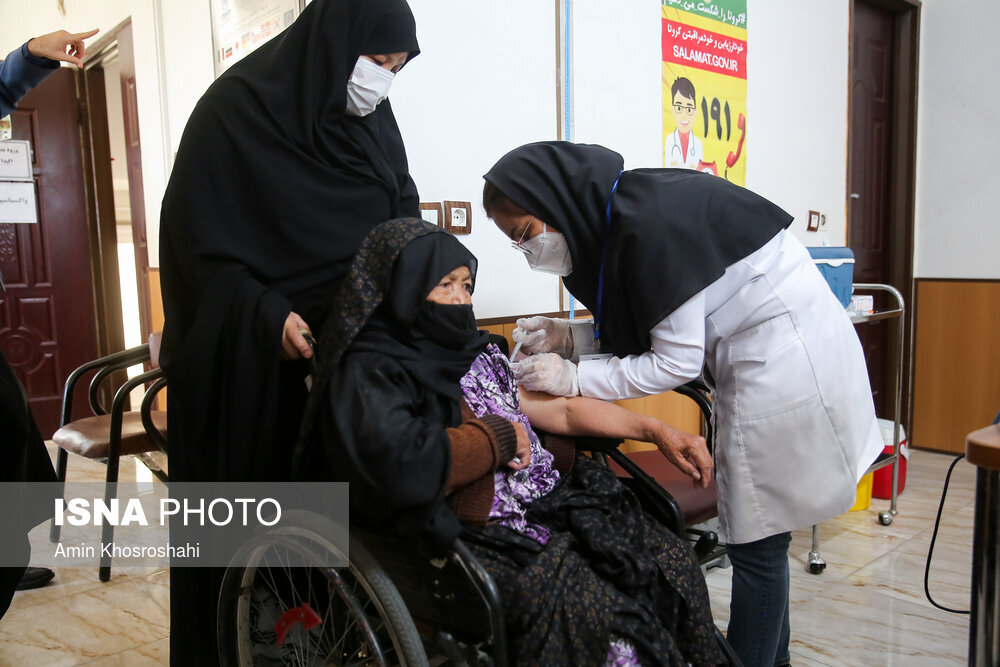Vaccination of foreign nationals well underway

TEHRAN – A senior official with the Ministry of Health has said a plan for the vaccination of foreign nationals against three contagious diseases is progressing according to the schedule.
The plan was started on December 31, 2022, ISNA quoted Mohsen Zahraei, the head of the preventable diseases department of the Ministry of Health, as saying.
According to the previous announcement, the program was started in 27 universities of medical sciences in the country, and fortunately, the work has progressed well and has been welcomed by the target community, he added.
According to the latest statistics, some 426,000 people under the age of 15 referred to get the vaccines, 92 percent of whom were non-Iranian nationals, Zahraei noted.
By referring to health centers and bases, they receive the oral vaccines of polio, double measles, and rubella, he said.
On December 23, 2022, a national specialized workshop for ‘risk communication and social participation’ was held in order to empower health workers in the supplementary vaccination campaign for the refugee population with the participation of UNICEF.
Considering the Risk Communication and Social Participation Program (RCCE) is one of the most important health promotion programs the program was a combination of information campaigns, health promotion, social mobilization, attracting people participation and other organizations, and establishing effective communication.
In May 2022, it was announced that all foreign immigrants and refugees under the age of five would be vaccinated against polio and measles. Children under the age of five and foreign immigrants will be inoculated through door-to-door visits in high-risk areas across the country.
The measles vaccination program in Iran started in 1984 when 34 percent of the population was vaccinated in the first year and 90 to 95 percent of the population after 6 years. Also in 2003, 33 million people were vaccinated with a national program to eradicate measles in the country.
Concerns about the spread of measles in the country are growing as the Afghan population grows.
Polio is a highly infectious viral disease that largely affects children under 5 years of age. The virus is transmitted by person-to-person spread mainly through the fecal-oral route or, less frequently, by a common vehicle (e.g. contaminated water or food) and multiplies in the intestine, from where it can invade the nervous system and cause paralysis.
Measles is caused by a virus in the paramyxovirus family and it is normally passed through direct contact and through the air. The virus infects the respiratory tract, then spreads throughout the body. Measles is a human disease and is not known to occur in animals.
More than 140,000 people died from measles in 2018 – mostly children under the age of 5 years, despite the availability of a safe and effective vaccine.
The inhumane sanctions have had devastating effects on the health system and the question is who is responsible for the deaths of some innocent patients due to the lack of essential medicines, Health Minister Bahram Einollahi has said.
He made the remarks at the 69th session of the Regional Committee for the Eastern Mediterranean, which was held in Egypt on October 10-13, 2022.
Einollahi said in July 2022 that despite the sanctions that have existed since the beginning of the Islamic Revolution to prevent the country from progressing, Iran has the strongest health system in the region.
MG
